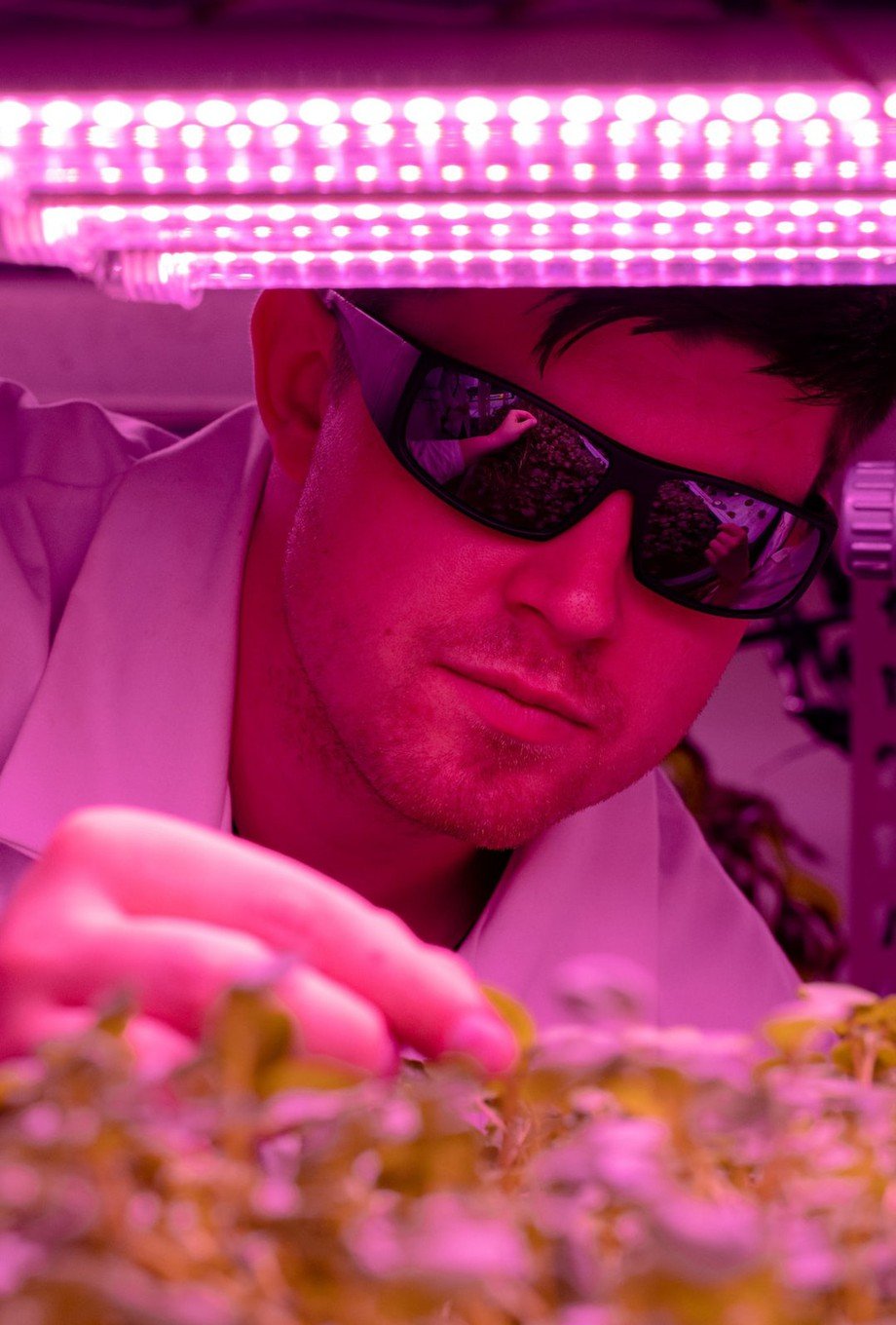Home Organ Transplantation Surgery Organ Transplantation Complications Organ Transplantation Success Rate Organ Transplantation Rejection
The Future of Medicine: Lab-Grown Pancreas - A Revolutionary Breakthrough
Category : Lab-grown organs | Sub Category : Lab-grown pancreas Posted on 2023-07-07 21:24:53

The Future of Medicine: Lab-Grown Pancreas - A Revolutionary Breakthrough
Introduction:
Scientists are exploring the possibilities of growing organs in a lab, as the field of regenerative medicine has made remarkable progress in recent years. The lab-grown pancreas is a potential game-changer in the treatment of diabetes. We will explore how lab-grown organs could change the future of healthcare in this post.
Understanding the Pancreas and Diabetes is important.
Before diving into a lab-grown pancreas, we need to understand its vital role in our bodies. Behind the stomach is the pancreas. It makes a hormone that regulates blood sugar levels and other segumental enzymes that help in the digestion and absorption of food.
When the body cannot effectively use theinsulin produced by the pancreas, it is Diabetes, a chronic condition affecting millions worldwide. Patients with type 1 diabetes are reliant on external injections for survival because of the destruction of their cells in the pancreas.
The promise of lab-grown Pancreas.
Those living with diabetes can take solace in the lab-grown pancreas. The idea is to grow an organ from a patient's own cells. Patients may be able to produce their owninsulin without having to use external therapy if a lab-grown pancreas is used.
How does it work?
A complex process called tissue engineering is involved in lab-grown pancreas creation. It begins with isolating and isolating specific cells known as progenitor cells from a small sample of cells from the patient's own pancreas. The cells have the potential to differentiate into other cell types in the pancreas.
progenitor cells are stimulated in a lab setting by researchers to give them the necessary growth factors and nutrition to grow. These cells form tissue that is similar to a functional pancreas, with cells that regulate blood sugar levels.
There are benefits and challenges.
There are many benefits to lab-grown pancreas transplants. It could potentially eliminate the need for lifelong injections of the drug in patients with diabetes. The risk of organ rejection is reduced as the organs are grown from a patient's own cells.
There are still challenges on the path to mass use of lab-grown pancreas transplants. It is a challenge to achieve the necessary scale and efficiency for widespread production. Regulatory hurdles, safety concerns, and affordability are obstacles that must be addressed before this technology can become a mainstream treatment option.
Conclusion
The lab-grown pancreas is a major step towards personalized medicine and the treatment of diabetes. The approach has the potential to transform the lives of many people living with diabetes, offering them the chance to restore their Pancreatic function and improve their overall health.
The progress in this field is awe-inspiring. We can be hopeful that lab-grown organs, including the pancreas, will soon be a reality, as scientists continue to refine the techniques and overcome the obstacles.
Leave a Comment:
SEARCH
Recent News
- Zurich, Switzerland has long been known for its exceptional quality of life, beautiful surroundings, and high standard of healthcare. In contrast, the Russian healthcare system has faced various challenges and struggles over the years. Let's delve into the differences between the healthcare systems in Zurich, Switzerland, and Russia.
- Navigating Medical Device Regulations in Zurich, Switzerland
- In the bustling city of Zurich, Switzerland, finding healthy fast food options can be a challenge. However, with a little exploration and curiosity, you can discover some fantastic spots that offer nutritious and delicious meals on the go.
- YouTube Content Creation: Exploring the Russian Healthcare System
- In today's digital age, YouTube has become a powerful platform for content creators to share their knowledge and expertise with a global audience. One particular niche that has been gaining traction on YouTube is the creation and translation of content related to medical devices regulation.
- Are you looking for tips on creating YouTube content about healthy fast food options and the importance of translation in reaching a wider audience? Let's dive into how you can combine these two aspects to create engaging and informative videos for your channel.
- Exploring the Russian Healthcare System: Insights from a YouTube Channel
- Navigating the Regulatory Landscape for Medical Devices on YouTube
READ MORE
2 months ago Category : organb

Zurich, Switzerland has long been known for its exceptional quality of life, beautiful surroundings, and high standard of healthcare. In contrast, the Russian healthcare system has faced various challenges and struggles over the years. Let's delve into the differences between the healthcare systems in Zurich, Switzerland, and Russia.
Read More →2 months ago Category : organb

Navigating Medical Device Regulations in Zurich, Switzerland
Read More →2 months ago Category : organb

In the bustling city of Zurich, Switzerland, finding healthy fast food options can be a challenge. However, with a little exploration and curiosity, you can discover some fantastic spots that offer nutritious and delicious meals on the go.
Read More →2 months ago Category : organb
